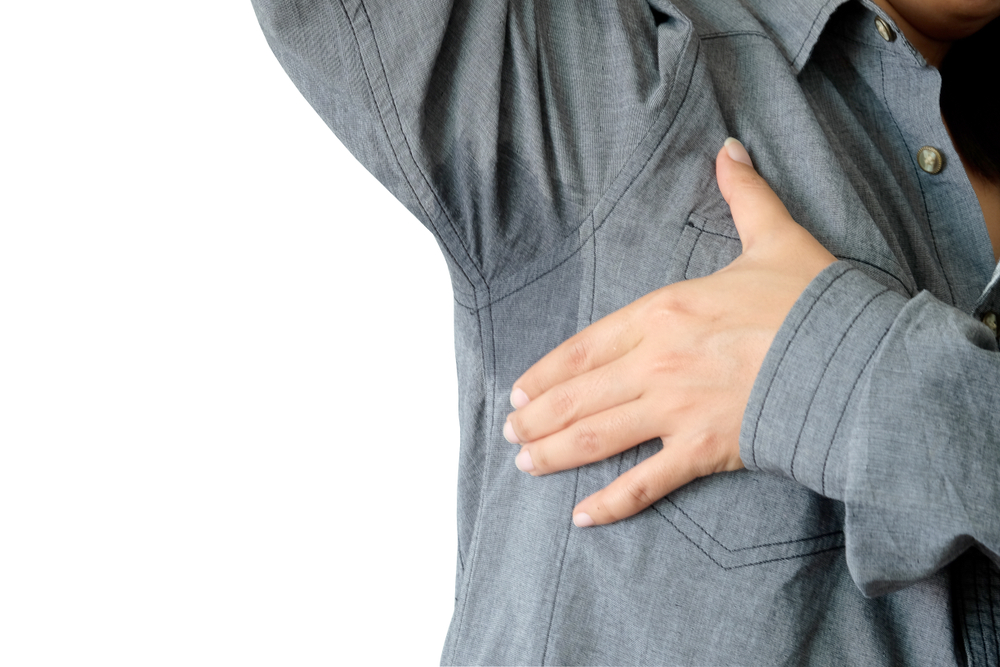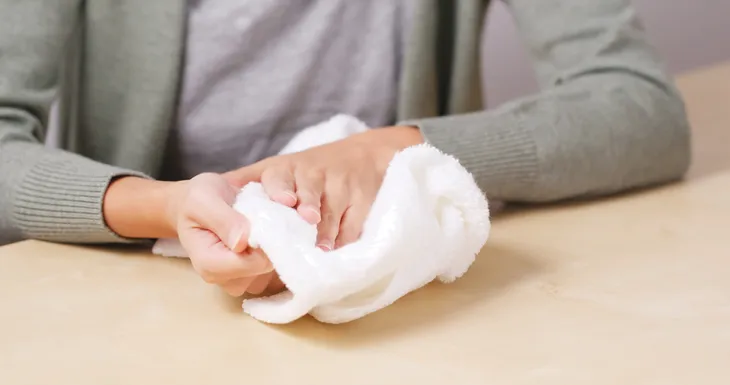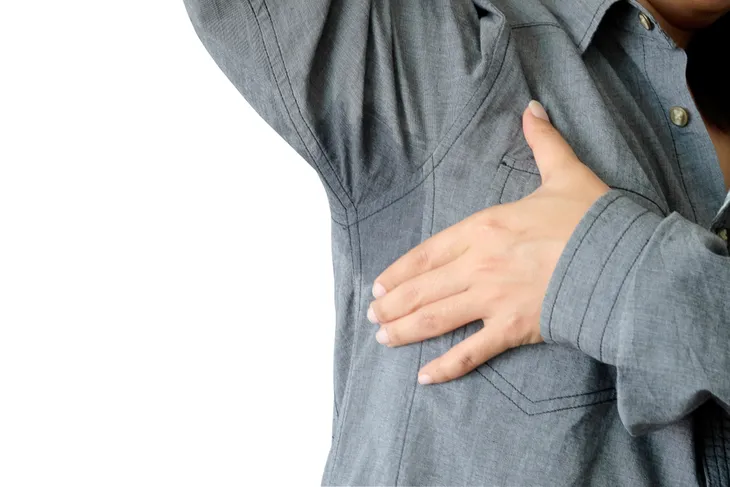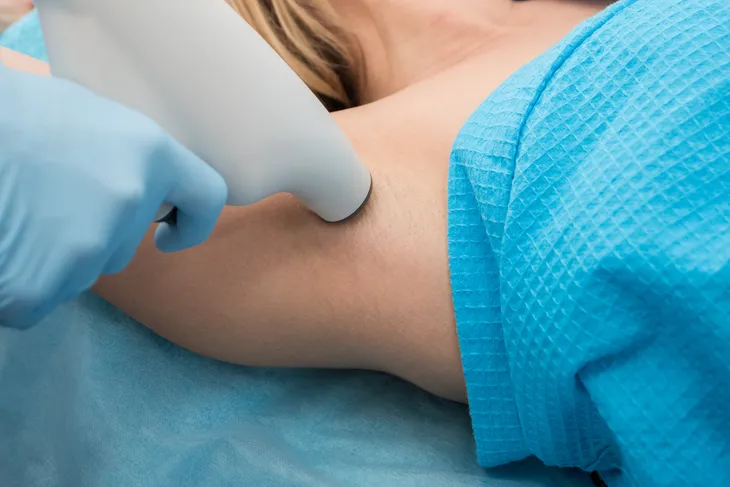We all expect to sweat on a hot day or after a good workout, but for some people – an estimated 2 to 3-percent of Americans according to WebMD – excessive sweating can become an embarrassing health problem.
It can make sufferers feel self-conscious when they’re shaking someone’s hand, and can soak right through clothing in conditions that wouldn’t normally call for it. Here are six things to know about this health condition, and how to manage it…
1. It Often Starts With Sweaty Palms
WebMD says that excessive sweating of the palms and soles of the feet (palmoplantar hyperhidrosis) can begin around age 13 on average. This can set the stage early for feeling self-conscious about shaking someone’s hand, or even engaging in romantic activities.
The problem also affects the underarms (known as axillary hyperhidrosis), but that doesn’t start usually until later adolescence, adds the source. Sweaty palms can even present more practical problems, like keeping grip on a pen or safely grip a steering wheel, it adds.
2. There are Two Types
Self.com says that hyperhidrosis can be broken down into 2-main categories: primary (or primary focal) and secondary. The source notes the primary type is a result of nerves that control the sweat glands becoming overactive.
The secondary type is less common but is just as it sounds – it’s the result of another underlying medical condition such as diabetes, menopause, thyroid problems, and even some cancers, explains the source. It can also be a side effect of some medications. It may be wise to visit your doctor if you’re concerned about excessive sweating, to determine if there’s a cause that can be treated.
3. It May Be Genetic
The International Hyperhidrosis Society says there’s some belief that the condition may be inherited, but doesn’t give other possible reasons for developing the primary type.
The link to genetics may be overlooked, because as the source puts it, “many members of the same family may suffer from this condition (but sadly many never talk about it with each other because of embarrassment).” The source says if the problem “runs” in your family, sharing this information may help accelerate research about genetic links and possibly find a cure.
4. It Doesn’t Need a Trigger
Self.com explains that there are several things that may set off an “episode” of sweating in hyperhidrosis patients, including anticipating shaking hands, hot or humid weather, wearing a jacket (in cold weather), job interviews, and public speaking.
However, the source also points out that a bout of excessive sweating doesn’t need a trigger at all. It’s not just tied to what would make people without the condition sweat, which is what many people assume, explains the article. However, having the condition can make one nervous about leaving behind a sweat stain on a chair in an otherwise non-stressful situation, it adds. “We’re not sweating because we’re nervous. We’re nervous because we’re sweating. There’s a difference,” notes the author of the article.
5. It Can Influence Life Choices
Sweathelp.org explains that hyperhidrosis is more than a physical condition – the potential embarrassment it causes can guide people’s plans. “Hyperhidrosis can be so embarrassing that it produces anxiety, hiding behaviors, and affects educational aspirations and career choices,” it explains.
The site even makes a reference to only choosing swimming as an athletic choice due to the excessive moisture – and it also notes how it can turn “leather shoes into sponges.” However, aside from the treatments coming up next, you can try special shoe liners and moisture wicking shirts to manage the problem when you’re on the go, it explains.
6. There are Treatment Approaches
Not treating hyperhidrosis means it can last throughout your entire lifetime. However, WebMD says there are medical and non-medical interventions to help manage the symptoms.
For example, over-the-counter antiperspirants with aluminum chloride can be particularly effective if others have failed, it explains. You can also ask your doctor about prescription antiperspirants that contain aluminum chloride hexahydrate, it adds. Other treatments include medications to reduce sweating (anticholinergics), Botox (for underarm sweating), lasers to destroy underarm sweat glands, and surgery called thoracic sympathectomy “as a last resort.”









